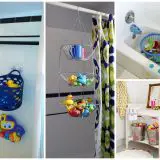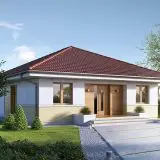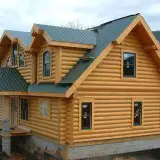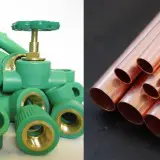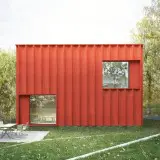How To Cool A House Without Air Conditioning
The sultry atmosphere outside is quickly taking over your home and we tend to hit the on button of the remote controls of the air conditioning devices. But we don’t necessarily have to turn to modern technology to keep our home cool in summer since there are many solutions within reach to keep soaring temperatures under control. Here is how to cool a house without air conditioning, in some recommendations coming via Urbansurvivalsite.com and Wikihow.com
Make some heat-blocking curtains – Thermal insulated blackout curtains are great, but heat-blocking curtains are even better because they’re specifically designed to reflect heat. You can make your own for just a few dollars. Even if the power doesn’t go out, these are still worth making because they’ll significantly lower your electric bill.
Install awnings over your windows – You could do this instead of making heat-blocking curtains. But if you did both, it would make an incredible difference.
Plant trees around your home – Or if you don’t want to wait that long, move to a home with some large trees around it. As someone who has lived in houses with and without shade, I can assure you this makes a big difference. You’ll have to rake leaves, but it’s worth it.
Get a fan for your room. A fan on a low setting that can keep a light breeze blowing across your room can work wonders. If you dislike like air blowing directly on you while you sleep, you can still make your room cooler by using a fan in your window to circulate fresh air.
Open your windows at night – Obviously you want to keep your windows closed during the day to keep the heat out (which is the whole point of the heat-blocking curtains). But if it cools off at night, be sure to open your windows to let that cool air in. Just don’t forget to close them before the sun comes up.
Close off the warmest rooms – If there’s a room with two outside walls that gets warmer than the rest of the house, close the door and put a door sweep at the bottom seal it off.
Turn off all heat sources. Don’t use the stove or oven for cooking. Eat cold food, or use the microwave or an outdoor grill when cooking your meals. Incandescent light bulbs also give off heat. Switch to compact fluorescents or LEDs. Turn off your lamps and your computer when you’re not using them. You should also turn off your TV since it gives off a lot of heat and take the power off of non-essential plug-in power adapters (transformers).
